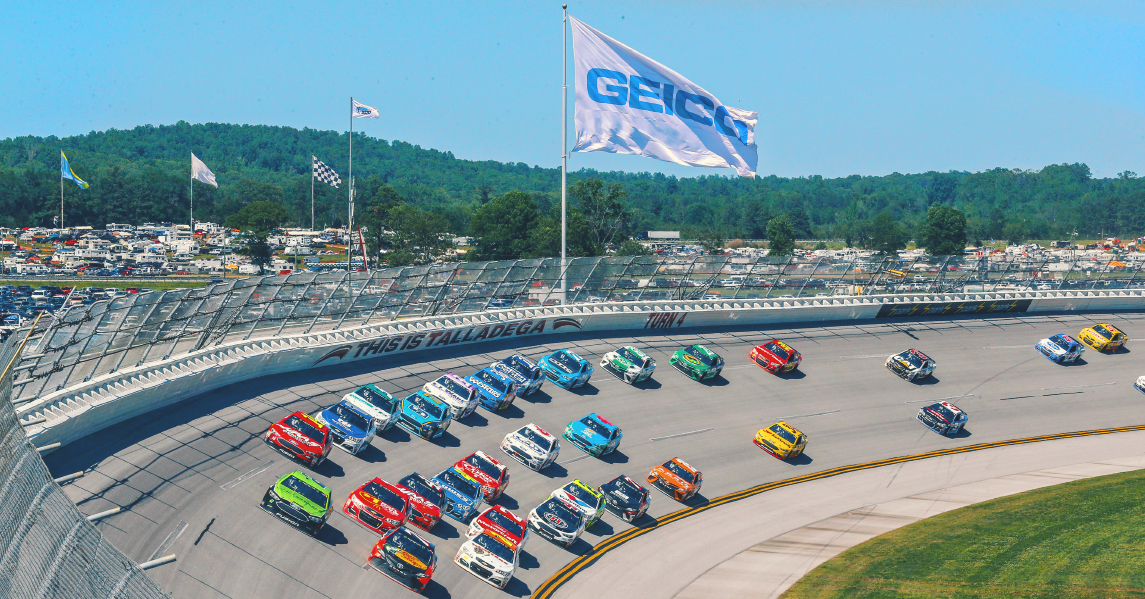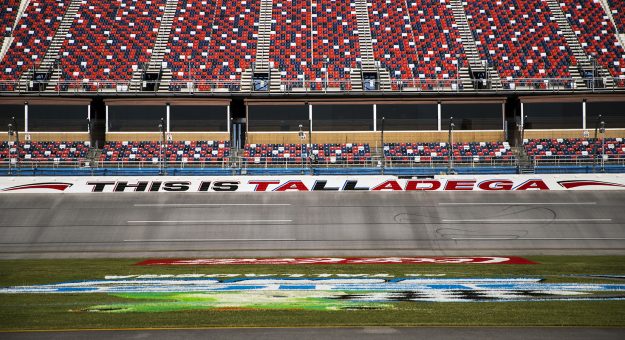Superspeedway racing presents a unique dilemma, requiring drivers to strike a delicate balance between maintaining speed and conserving fuel. Numerous drivers and racing enthusiasts, including Denny Hamlin and Dale Earnhardt Jr., have shared their perspectives on this issue.
🗣️ "I think we can look at things in collaboration with our TV partners and teams."
⛽ #NASCAR's Elton Sawyer addressed the fuel saving on super speedways.
More –> https://t.co/WGRTG5gVtL pic.twitter.com/e4vYNSjX3W
— SiriusXM NASCAR Radio (Ch. 90) (@SiriusXMNASCAR) April 24, 2024
Recently, Sawyer disclosed that NASCAR is actively exploring potential changes to address fuel-saving concerns, stating, “I think we can look at things in collaboration with our TV partners and teams.” This collaborative approach underscores NASCAR’s commitment to enhancing the racing experience while ensuring fair competition on the track.
Denny Hamlin and Dale Jr: Fuel-Saving Strategies and Opinions in NASCAR Speedway Racing

Denny Hamlin, the 23XI Racing co-owner and driver of the #11 FedEx Express Toyota, has been vocal about his discontent with fuel-saving strategies on superspeedways. After the GEICO 500 at Talladega Superspeedway, Hamlin expressed his frustration on the “Actions Detrimental” podcast. His sentiments were clear: he wanted to race all out, leveraging his decades of drafting knowledge, rather than being forced to conserve fuel. Hamlin’s frustration highlights the tension between performance and strategy.
Dale Earnhardt Jr., a NASCAR legend and now a prominent commentator, opposes significant alterations to race formats. He defends traditional race lengths and endurance testing, emphasizing the skill required to manage fuel and tire wear. Earnhardt Jr. believes that oversimplifying race strategies could reduce competitiveness and dilute the essence of NASCAR racing. His stance reflects a commitment to preserving the sport’s legacy while acknowledging the need for innovation.
READ MORE: Kyle Larson’s Move Ends in Wall Collision, Eyes Skyward

